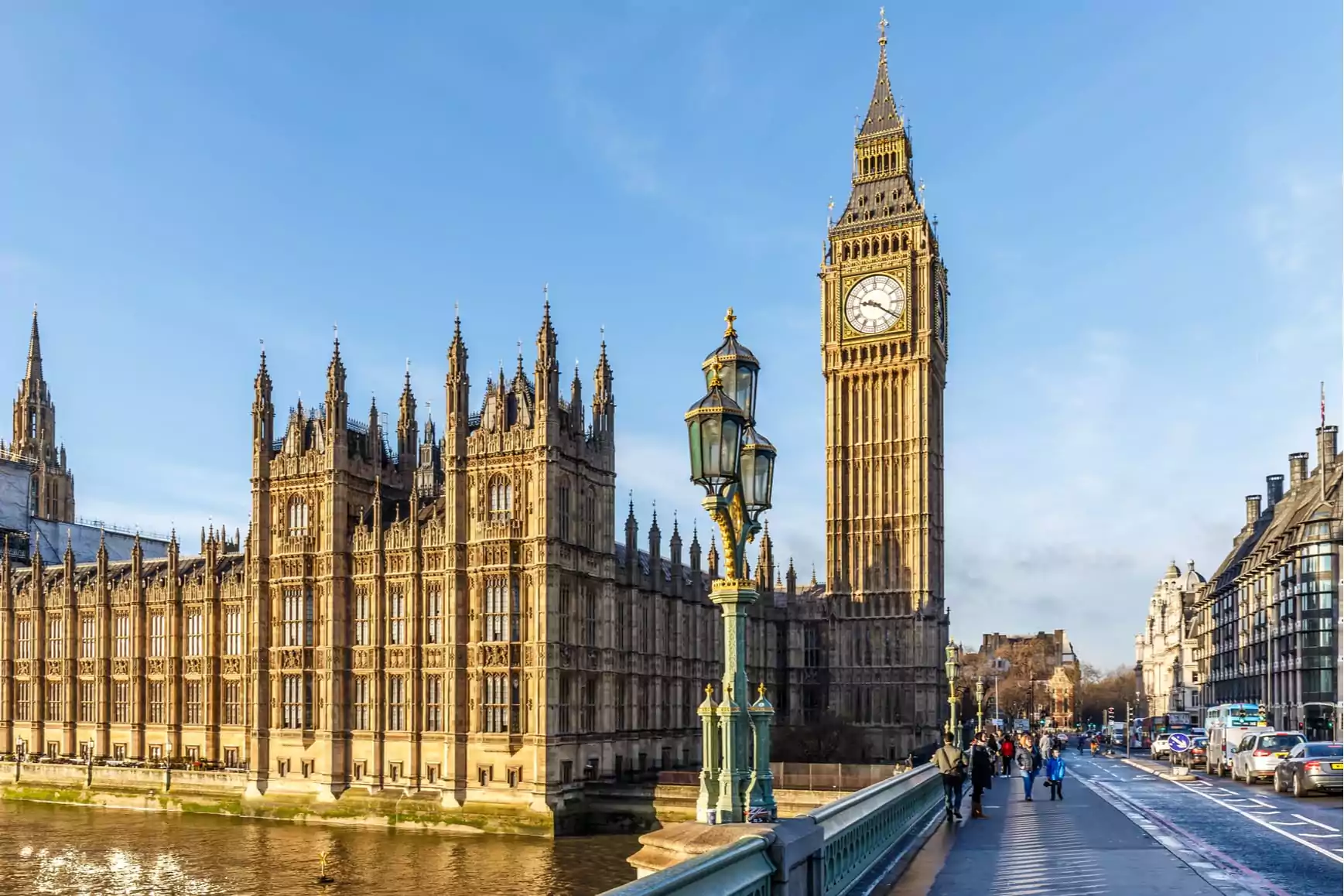
Employment Rights Bill – a roadmap, amendments, and ping-pong from the House of Lords


In May, we published a detailed article on the proposals set out in the Employment Rights Bill ('ERB') and how that was progressing.
There has since been a flurry of developments in connection with the ERB in July 2025.
Currently still in the Report Stage at the House of Lords, the Government has published a roadmap, and a large number of amendments have been proposed, making the final countdown to the ERB becoming an Act a rather bewildering affair.
But do not fear! We have pulled the good news (some of the chunky stuff will be delayed) along with the confusing (i.e., which amends will actually happen) and have summarised them for you here. We will, as ever, keep you updated as the ERB progresses further.
Roadmap
On 1 July 2025 the Government published Implementing the Employment Rights Bill; a roadmap setting out the first significant indication as to when various aspects of the Bill are intended to come into force (once the Bill receives Royal Assent) and what aspects the Government still plans to consult on.
It is clear that the Government is responding to a difficult economic climate and challenges from businesses about the proposed breadth and speed of the changes originally proposed by the ERB. The significant changes introducing day one unfair dismissal rights and zero hours measures have been pushed right back to 2027.
We have summarised the roadmap below.
Amendments
The Government published a large number of proposed amendments to the ERB on 7 and 8 July 2025.
We have set out the details below of any significant amendments which we think are likely to be voted through (on the basis they are government backed).
Non-Disclosure Agreements
The amendment which gathered a lot of press attention is an entirely new section in the Bill banning the use of Non-Disclosure Agreements relating to discrimination or harassment. The amendments aim to make confidentiality clauses in settlement agreements (and other agreements) null and void where they aim to stop workers from speaking about allegations of any harassment or discrimination or the employer's response to allegations of harassment or discrimination (with the odd exception of allegations relating to a failure to make reasonable adjustments or victimisation which seems to be an oversight in the drafting).
The Government suggests this will help victims (by enabling them to speak freely) but previous considerations of this kind have suggested that banning NDAs in this way takes a choice away from victims and means there will less compensation readily available to victims or alleged victims leaving victims with less choice (i.e. having to pursue a claim even where this may be not their preferred route for many reasons).
Consultations
Between the Summer and Autumn 2025 the Government will consult on:
- Day one unfair dismissal rights and the dismissal process in the statutory probationary period.
- On 16 July 2025, the House of Lords voted by a large majority (304 to 160) to back an opposition-led measure to defeat the proposed day-one unfair dismissal rights and instead simply to change the service requirements for unfair dismissal claims from 2 years to 6 months. This would be a great deal simpler than the Government's proposals, but it would not meet their manifesto pledge of providing "day one rights" and therefore seems unlikely to ultimately be accepted by the Government (unless perhaps the consultation response is persuasive). Parliamentary ping-pong between the houses appears to be on the cards.
- Fire and rehire proposals.
- The government amendments propose to now allow some changes to contracts, so long as they do not impact on pay, working hours, pension, shift times, shift lengths, time off and any other changes to be defined in regulations.
- This would enable innocuous changes to terms which do not involve these contractual rights to be made, which is more sensible than the Government's original proposal that banned any changes to contractual terms unless the business faced insolvency.
- The government is also proposing an amendment to prevent employers from imposing new flexibility clauses in contracts with existing employees enabling them to change contractual terms relating to the listed categories.
- Even if the amends are accepted, businesses will still find themselves unable to make some key changes to contractual terms which are needed, though in the way that they are currently able to (where a fair consultation is followed and they have a sound business reason). It remains unclear how businesses are expected to deal with such situations where they need to change shifts patterns and cannot get agreement (we consider it will come down to buying out changes or unilaterally imposing changes that are vital, accepting the risk of claims that will accompany such an imposition). Employers would still be sensible to consider what changes they need to make before October 2026.
- Finally, the Government have proposed to amend the ban on fire and replace so that this includes the replacement of employees with self-employed contractors and workers.
- Zero hour worker proposals.
- The government amendments propose that end-hirers will need to offer guaranteed hours to zero/low hours workers (who will become workers, not employees of the end-hirer) on terms which are not less favourable than those of comparable workers.
- Other amendments include a power to set out in regulations circumstances when guaranteed hours do not need to be made and/or can be treated as withdrawn i.e. where the exceptions to these complicated rules will sit.
- On 14 July 2025, the House of Lords voted to approve some opposition amendments to zero hour workers to change the requirement to offer guaranteed hours to zero hour workers into a right to request them for the worker, and to define "short notice" cancellations as at 48 hours before a shift is due to start. Again, without backing from the Government these are unlikely to pass, but will mean some parliamentary ping pong before the ERB can be passed.
- Trade Union measures.
- Increased rights for pregnant workers.
- Regulating umbrella companies.
- Bereavement leave.
- The government has proposed an amendment to extend the right to bereavement leave (of at least one week of unpaid leave) to those suffering pregnancy loss before 24 weeks of pregnancy.
The Government will consult later in 2025/2026 on tightening tipping law, collective redundancies, flexible working and further Trade Union measures (including protection against detriment for taking industrial action and blacklisting.
Changes to come into effect
- Repeal of the Trade Union Act 2016.
- Repeal of the Strikes (Minimum Service Levels) Act 2023.
- Simplification of industrial action and ballot notices.
- Removal of the ten-year ballot requirement for TU political funds.
- Protection against dismissal for taking industrial action.
- SSP changes – removal of the lower earning limit and waiting days.
- Day one rights to paternity leave and unpaid parental leave.
- Trade Union recognition process simplified and electronic workplace balloting.
- Increase in protective awards for failure to collectively consult.
- Sexual harassment will become a protected disclosure.
- Fair Work Agency will be established.
- Ban on fire and re-hire.
- Third-party harassment.
- Tribunal claim time limits increased from 3 to 6 months.
- Employers required to take all reasonable steps to prevent sexual harassment – power for regulations to specify what is regarded as “all” reasonable steps not due in force until 2027 though.
- Enhanced rights and protections for Trade Union reps, duty for employers to tell employees of their right to join a Trade Union, right of access for Trade Unions to workplaces.
- Tightening of tipping laws.
- Day one right to protection from unfair dismissal.
- Zero hours measures – right to guaranteed hours, reasonable notice of shifts and payment for changes to shifts.
- Change to the threshold for collective redundancy consultation.
- Requirement to reasonably refuse flexible working.
- Increased rights for pregnant workers.
- Day one right to bereavement leave.
- Compulsory Equality Action Plans.
- Regulation of umbrella companies.
- Industrial relations framework.
What's next for the ERB?
The ERB is unlikely to gain Royal Assent (and become an Act) until some point in Autumn 2025.
The House of Lords Report stage is due to end on 23 July before moving to the Third Reading there. It will then be sent back to the House of Commons who will consider the House of Lords amendments. Any that are not approved will ping pong between the houses until agreement is reached, although Parliamentary convention is that the House of Lords do not block a Government bill based on a manifesto commitment.


























